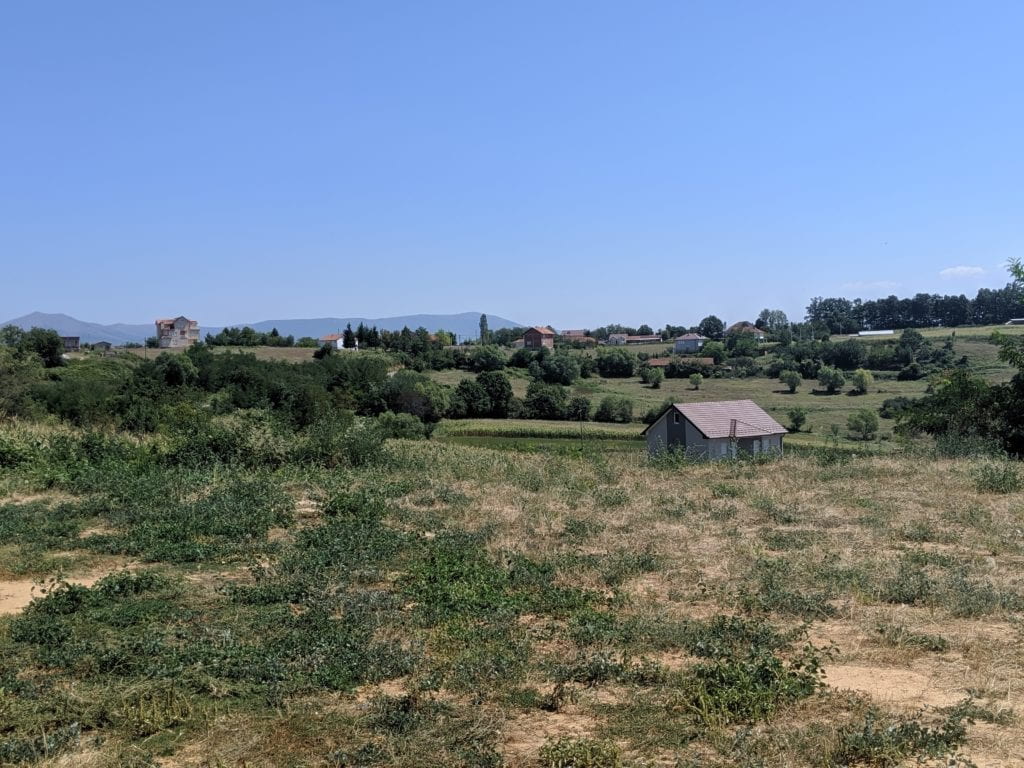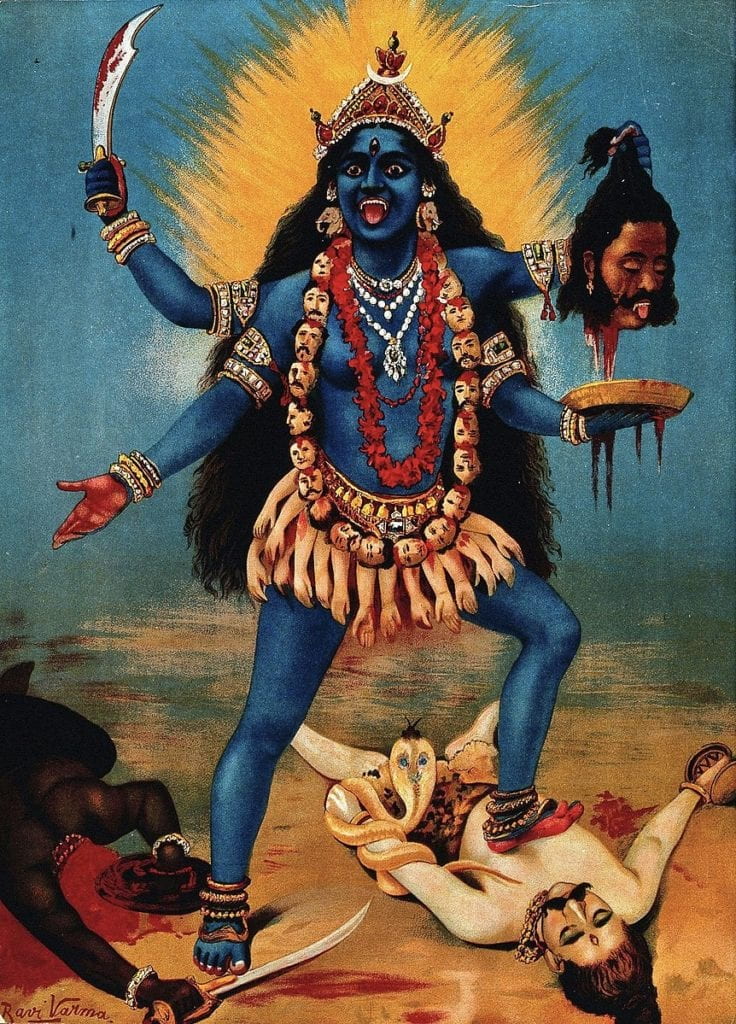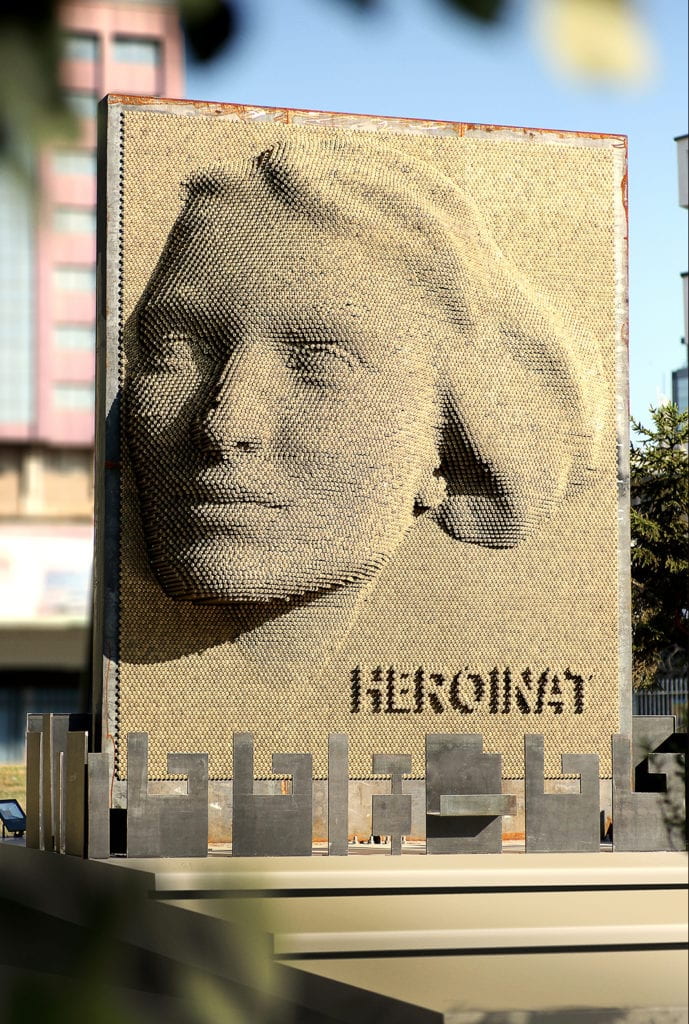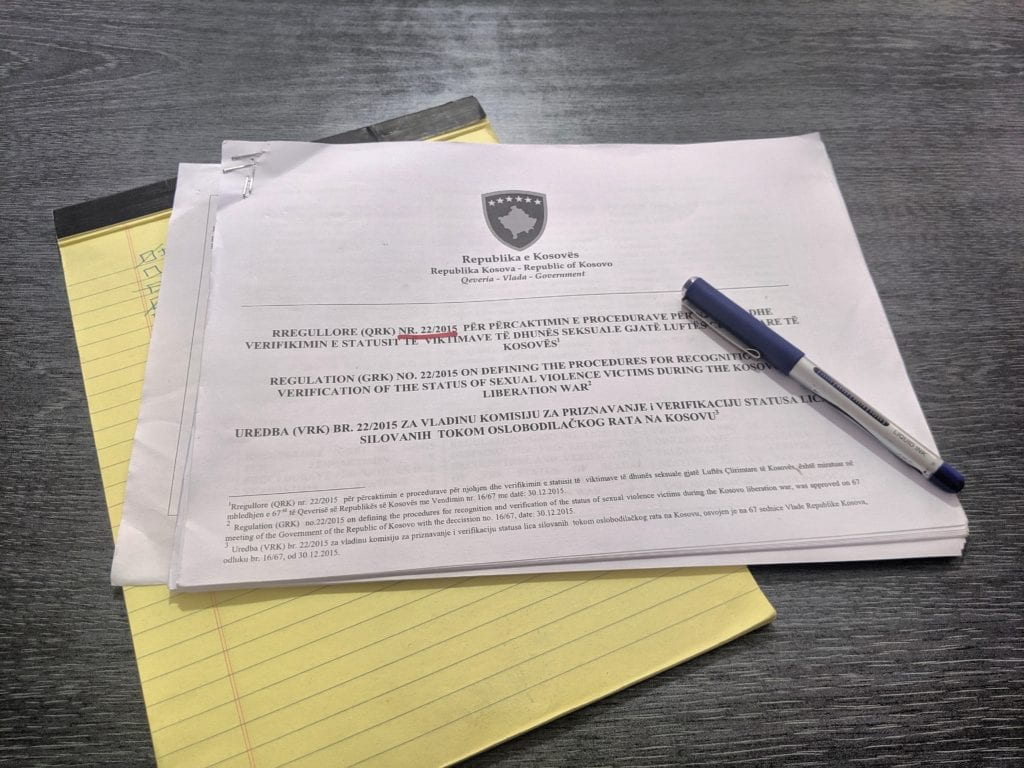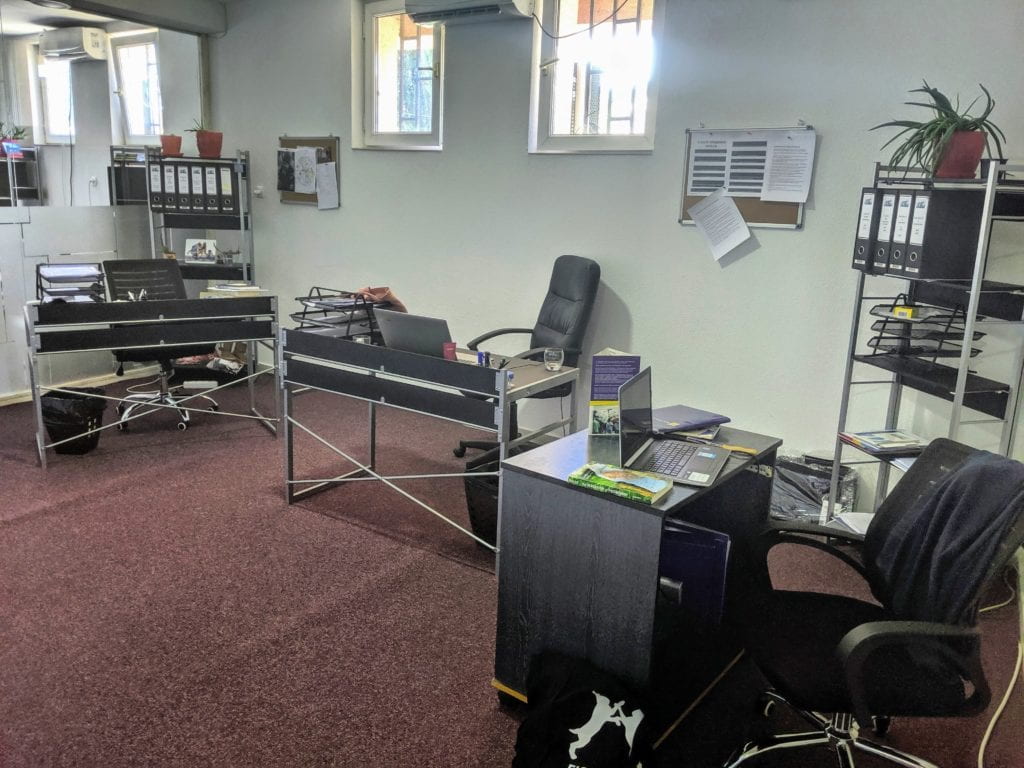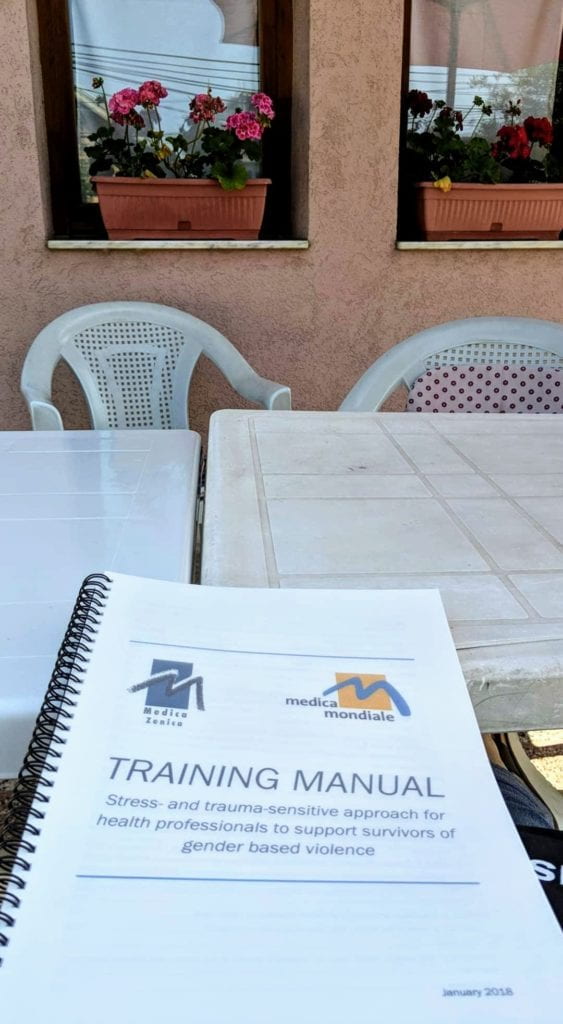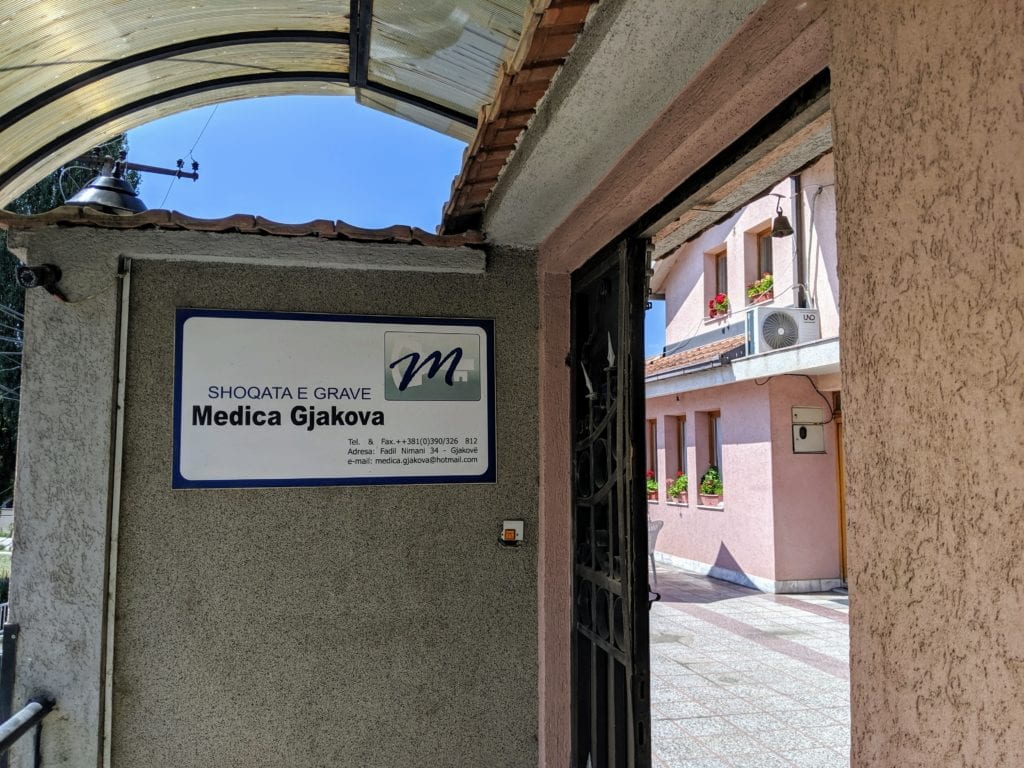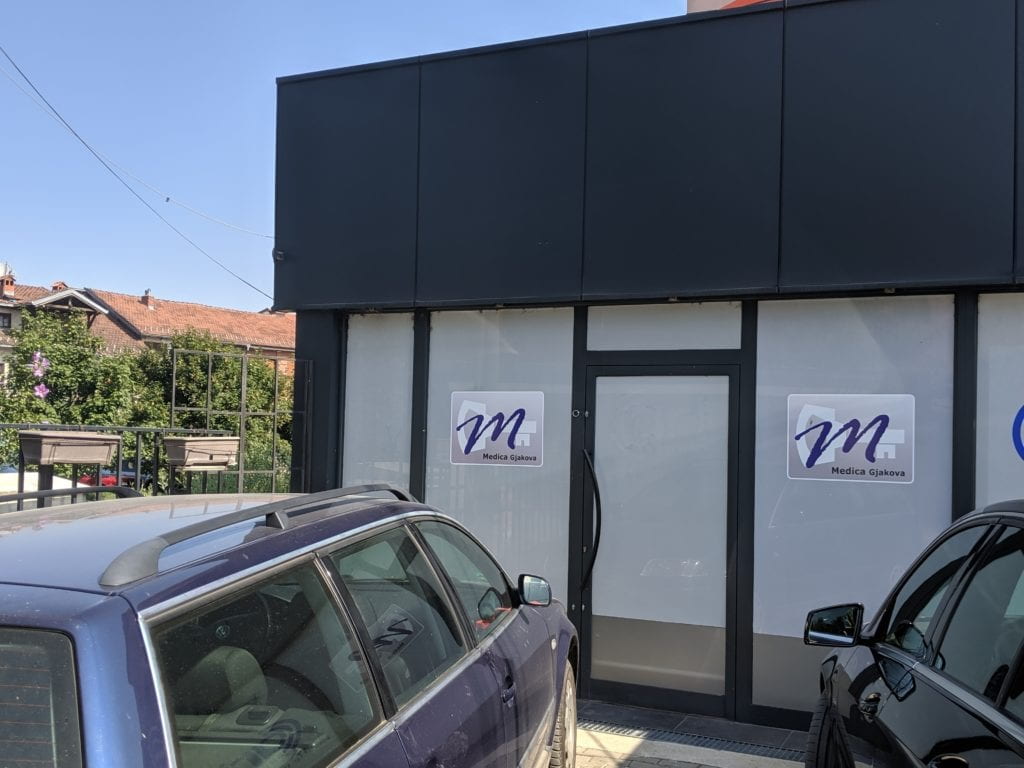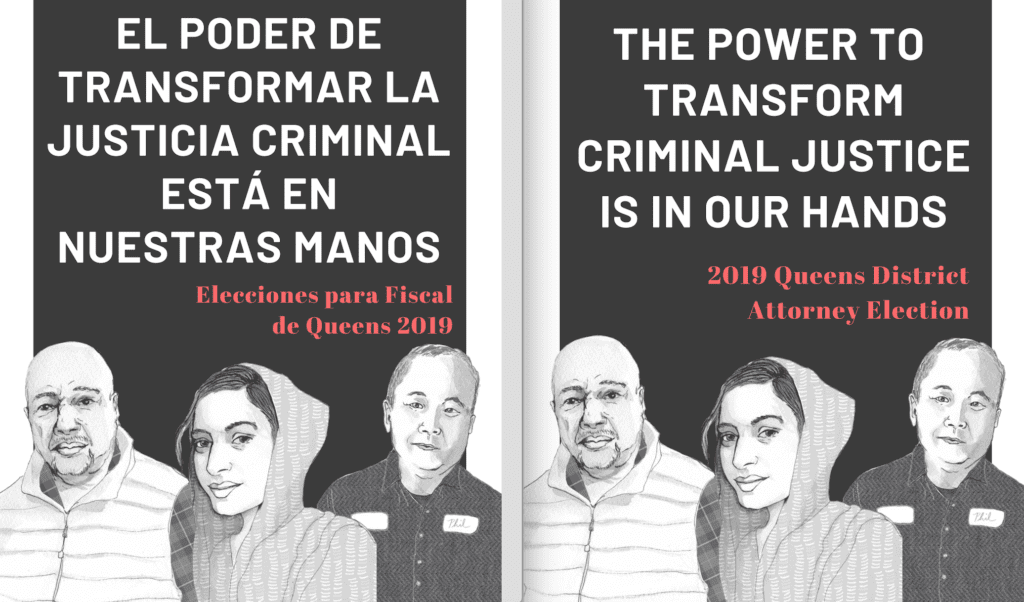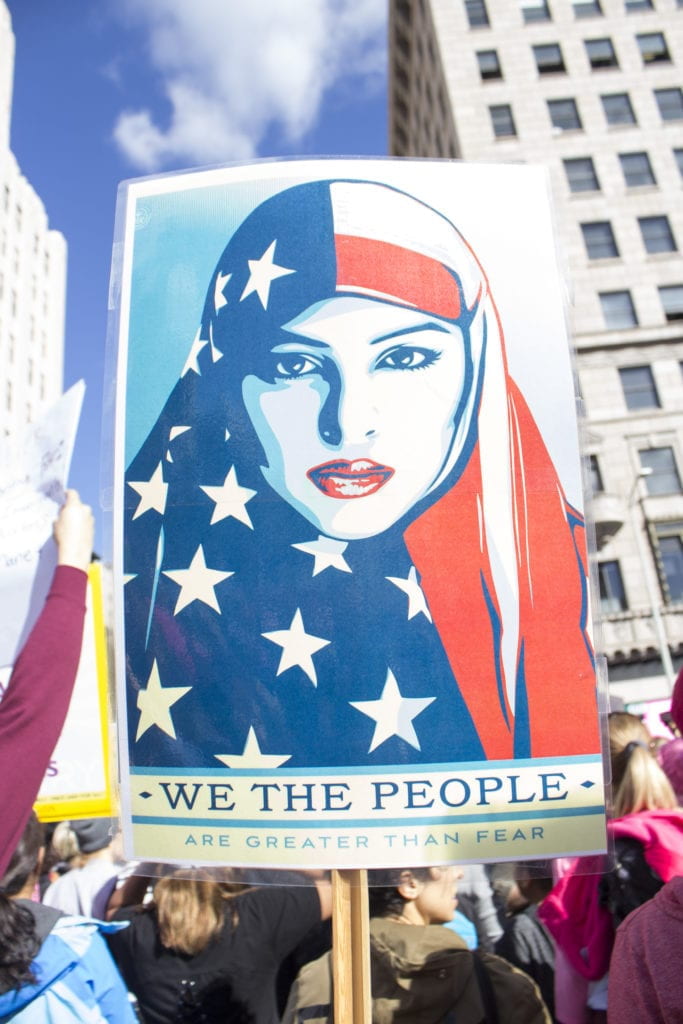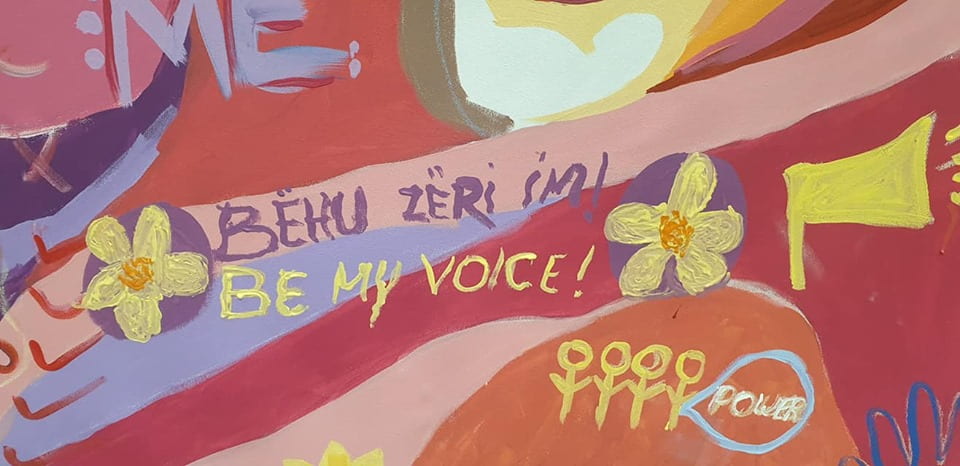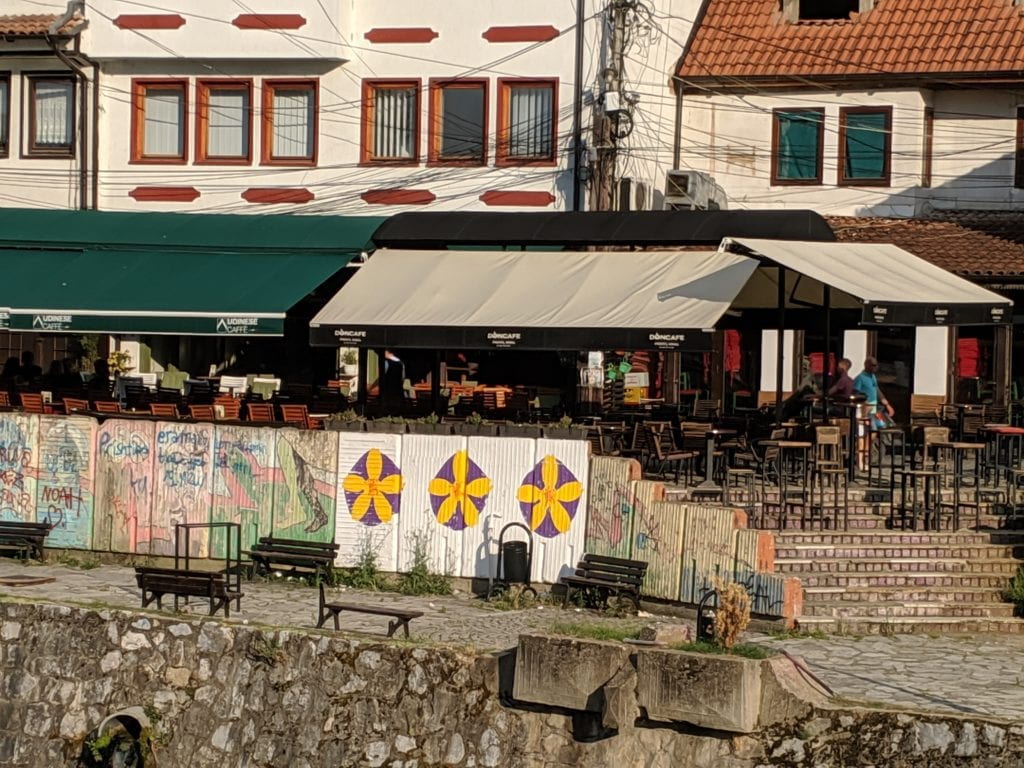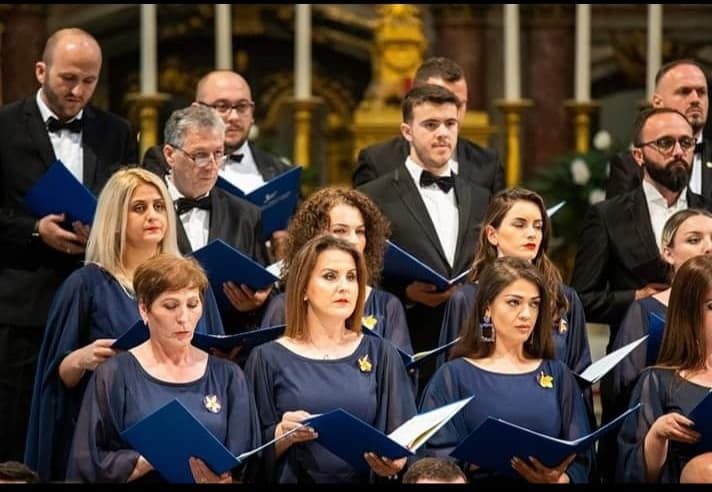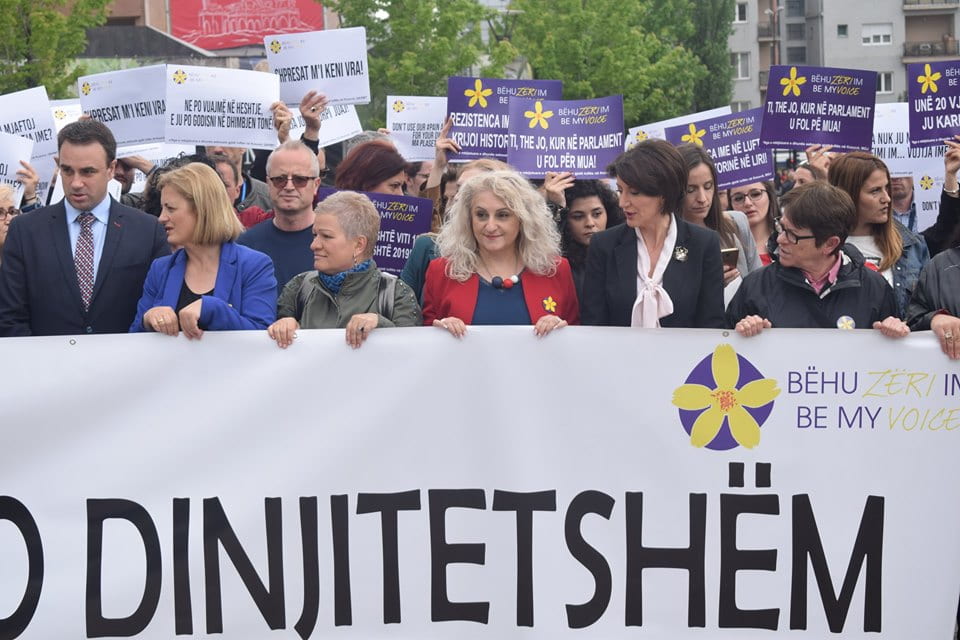Sophie Walker
Court Watch NYC
New York, NY
As the Queens district attorney (DA) election approached, work relating to Tiffany Cabán ramped up. In addition to the work I did with Court Watch, I spent a great deal of time working for and with VOCAL-NY as well as VOCAL-NY Action Fund, the advocacy and political arm that endorsed Cabán for Queens DA. VOCAL-NY and other organizations organized candidate forums and town halls, and VOCAL members met with candidates to discuss policy, personal experiences, and their expectations as constituents. I made lots of calls asking people to canvass, and I spent time before and on election day canvassing.
As a first-time canvasser, I was not particularly comfortable in the beginning. Knocking on doors and asking for strangers’ time was intrusive and awkward. While I understand that canvassing is an effective tactic (and if one more person votes as a result, it’s a success), I wish our whole system worked differently so that more conversations could happen about leadership and community in a process that is perhaps more meaningful. More importantly, barriers to voting, including accessibility, bureaucracy, and discrimination against undocumented people and formerly and currently incarcerated people, continue to exist and prevent many communities from engaging in electoral politics.
I had great conversations with people of many ages and backgrounds, including a high school student who wasn’t eligible to vote yet. She had registered in school but hadn’t turned 18, and yet was happy to talk about the election. Universally, I met people who were thrilled that DA Richard Brown’s longtime run was over. Throughout his 28 years, he had a great impact on communities not only in Queens but all of those connected to Queens throughout New York City and the world.
I met lots of Cabán supporters and lots of Katz supporters while canvassing in different neighborhoods (Jamaica, Corona, Elmhurst, and Jackson Heights), and while I assumed Katz would win because she was the established candidate, it was clear Cabán had significant support. As the polls were closing on election day and votes were reported, the results yo-yo’d: Cabán was in the lead by a few hundred votes, then behind by a few hundred, and so on. Any change was incremental.
On my way over to the Cabán election night party at 10:45, it was still unclear whether it would be a gathering for victory or defeat. But by 11 pm, Cabán declared victory; all the precincts had reported, and she was up by around 1,100 votes. On the screen in the packed and energized club, Melinda Katz called for a recount, said she was not conceding, and said something about the beauty of democracy and how justice prevails.
But Cabán and her staff, organizers, and supporters were celebrating. There was music, drinks, and posters and cards with her face lining the entrance. Her speech and the speeches of organizers on her campaign were moving, and it was thrilling to be there. It felt historical, that a queer Latina public defender would be the Queens DA and would work to de-carcerate Queens, protect immigrants and sex workers, and end cash bail.
The work of the recount quickly began and it was clear that Cabán would not win easily. As it went on, it was clear she would not win at all.
